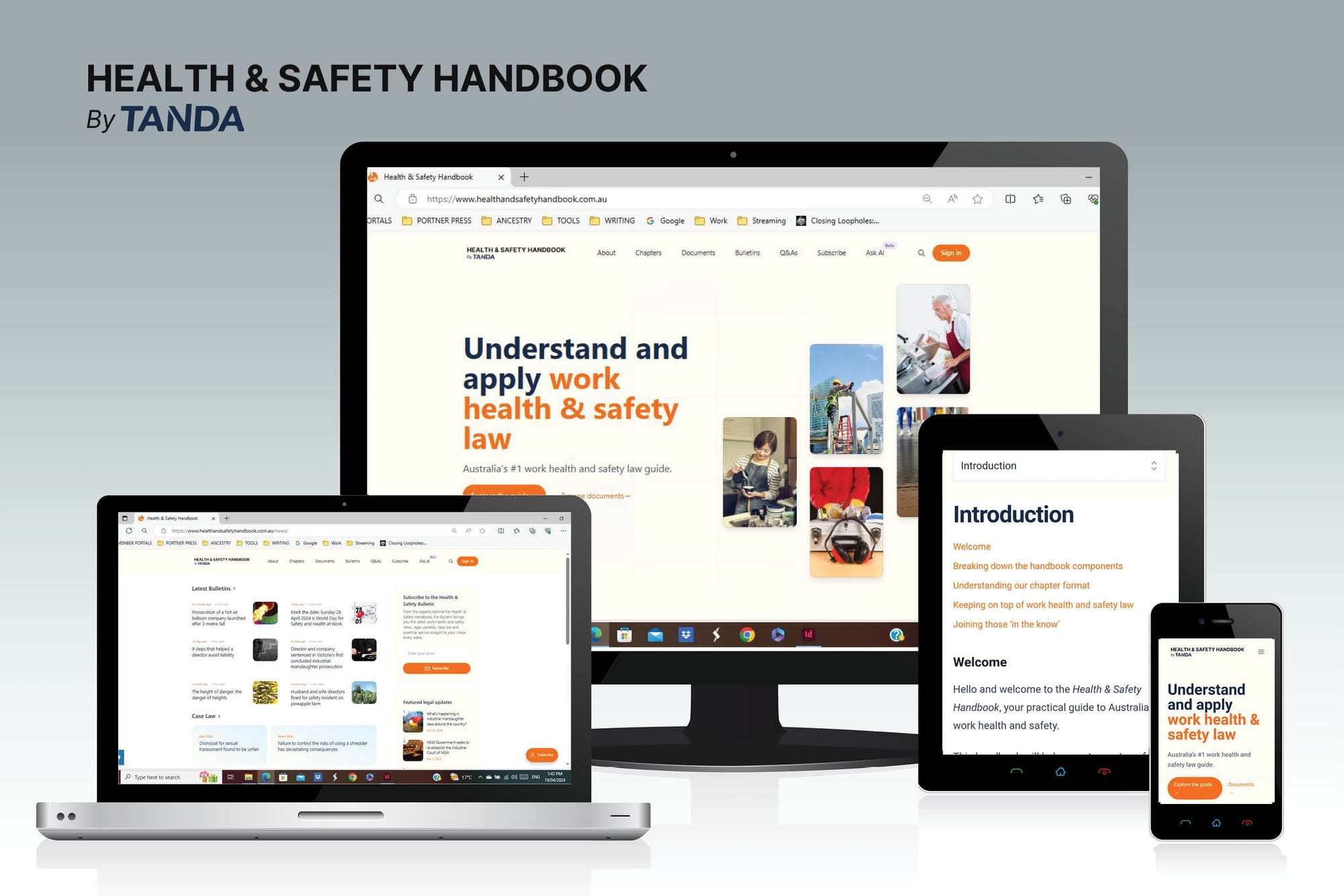False and misleading claims by unions during bargaining can be challenged
The company behind one of Australia’s largest private hospitals succeeded in extending interim injunctions against a nursing union after it published and broadcast advertisements that were arguably in contravention of Australian Consumer Law (ACL), and of the union's good faith bargaining obligations under the Fair Work Act 2009 (Cth).
In Ramsay Health Care Australia v Australian Nursing Federation Industrial Union of Workers Perth (2024), the Federal Court restrained a union from issuing certain public statements about a major hospital employer during an industrial campaign. The material criticised the employer’s patient care and nurse-to-patient ratios.
The employer claimed the union had engaged in misleading and deceptive conduct, and contravened the ACL when it published and broadcast advertisements about its hospitals. It argued that the advertisements clearly spoke to its patients, and sought to deter them from attending its hospitals and instead encouraged patients to choose an alternative provider. Further, the advertisements asserted that the nurse-to-patient ratios at the hospitals are double than those in the public sector, resulting in double the health risk to patients.
The Court accepted there was a serious risk of damage to the employer’s reputation if the statements were false and misleading, especially given the representations are made by a union representing professionals within the field. The advertisements may also influence medical professionals’ choice to seek employment within its hospitals. On this basis, the Court granted the interlocutory application insofar as it was found the advertisements were made in the course of “trade or commerce”, and on the basis the union would suffer minimal prejudice from the extension since it had already paused its advertising campaign.
However, the Court decided not to extend one of the orders that broadly prohibited the union from making similar representations, as injunctions should be expressed with precision so that a person can conduct their affairs in full knowledge of what they can or cannot do. This ruling was based in part on the fact that there is a legitimate public interest in robust public debate about the healthcare system and its participants, especially given that the union and the employer are in the middle of enterprise bargaining negotiations.
Instead, the Court proposed that the union give the employer 72 hours’ notice before restarting any advertising campaigns similar to the one in dispute. It considered this would strike the right balance between the need to protect the employer’s interests and the union’s right to communicate about matters of public health.

Get the latest employment law news, legal updates, case law and practical advice from our experts sent straight to your inbox every week.

